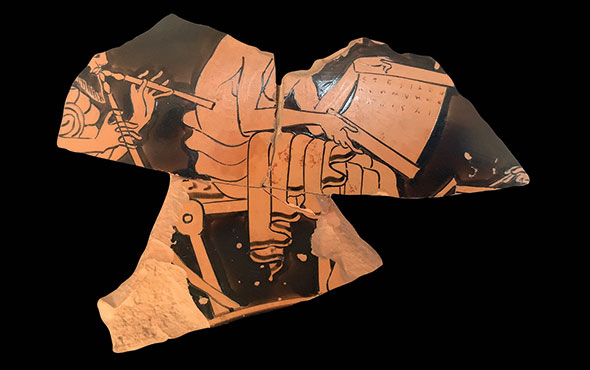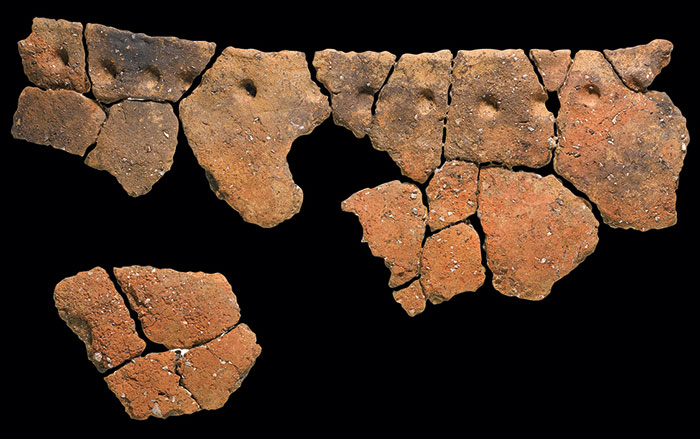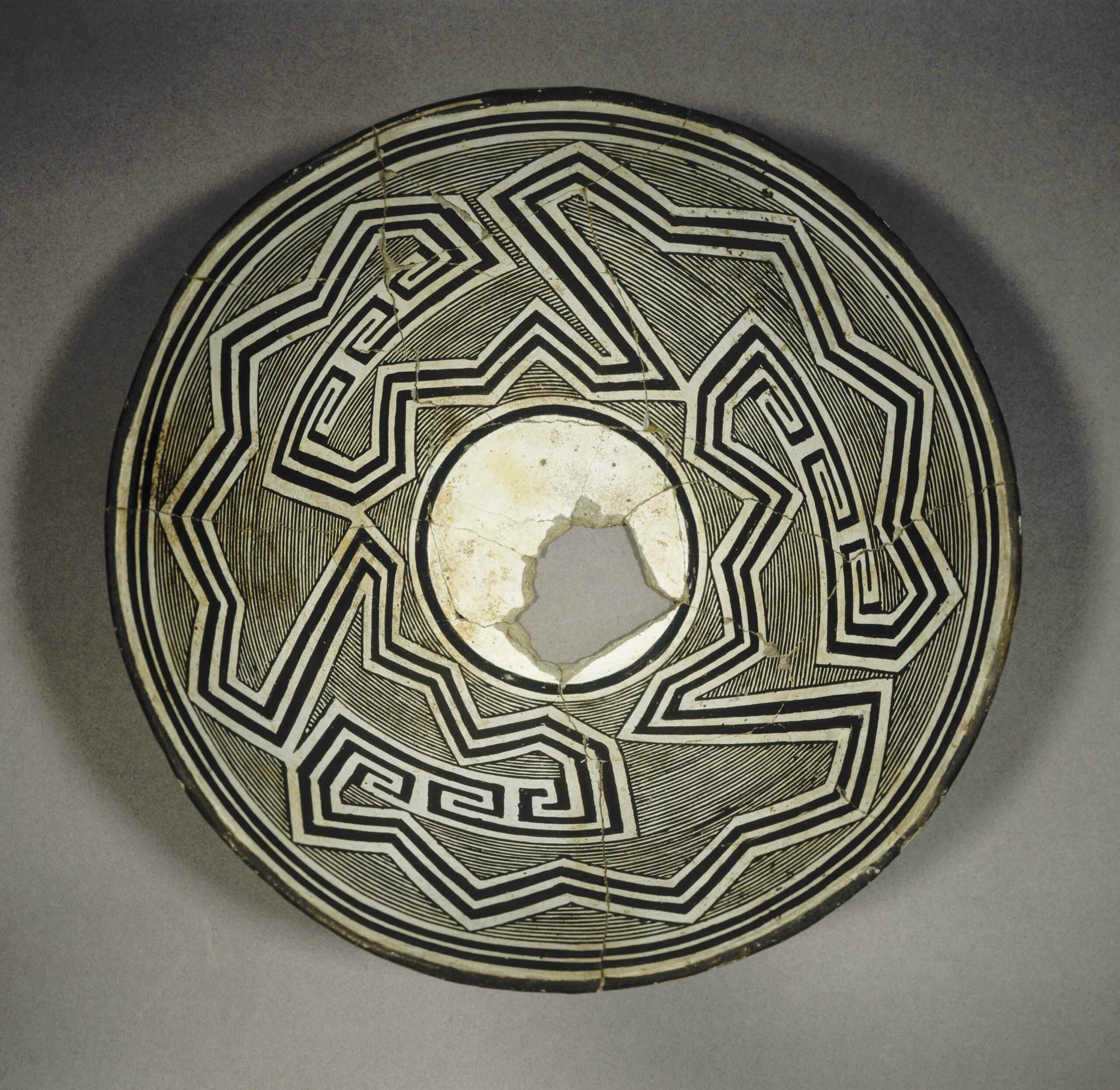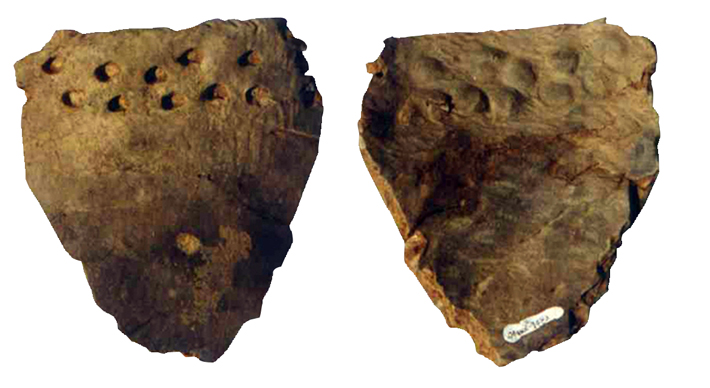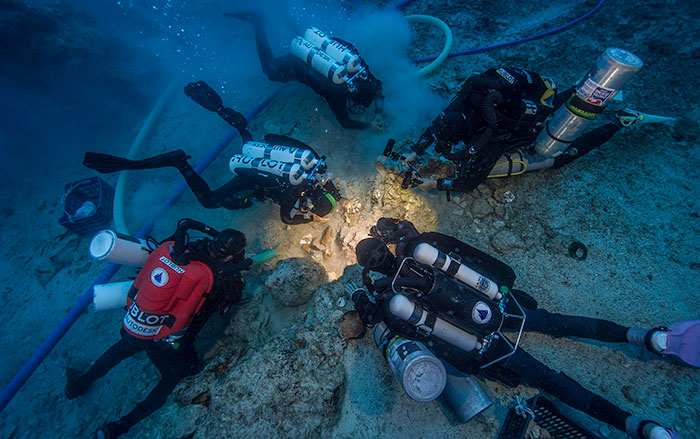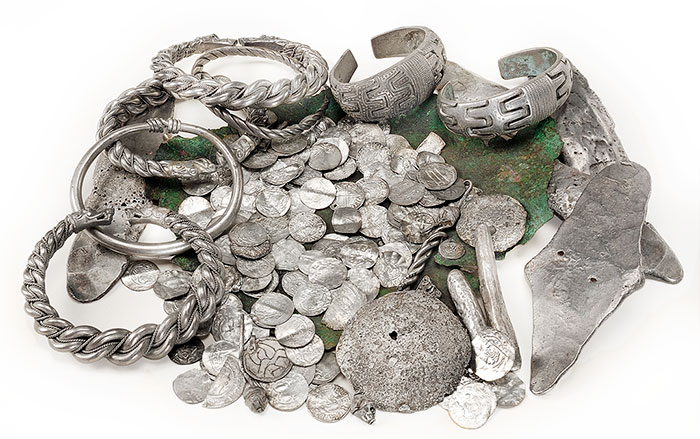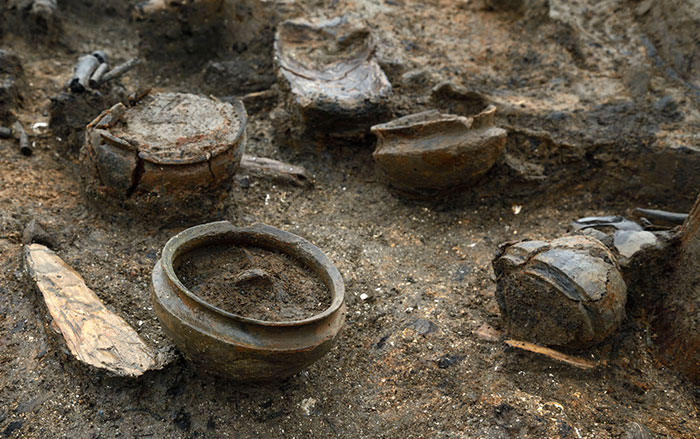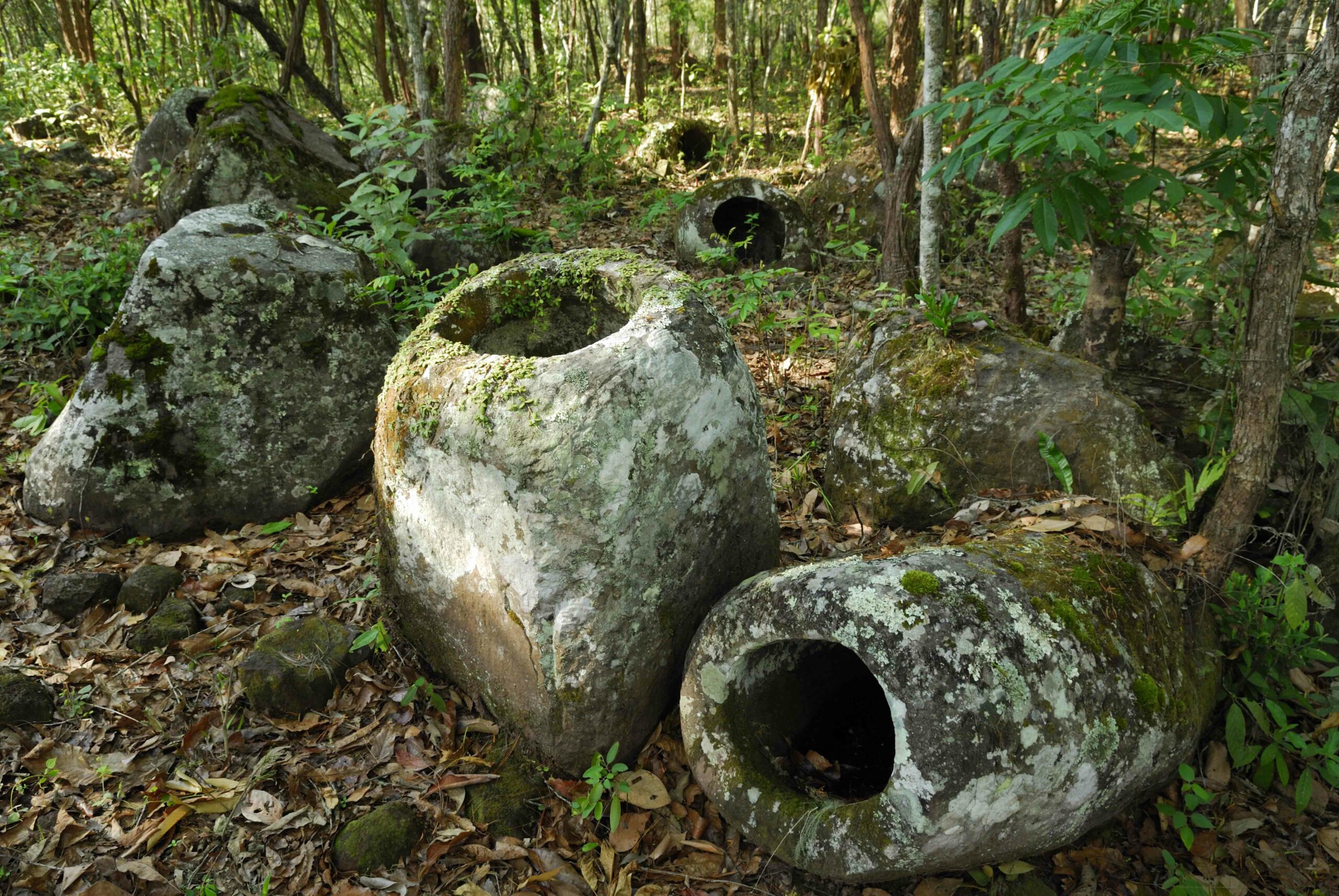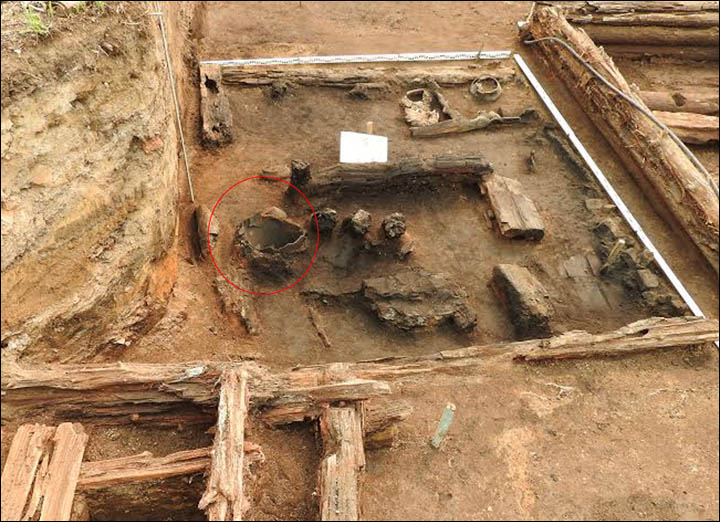
TARA, SIBERIA—According to a report in The Siberian Times, a team of researchers from Tomsk State University is excavating a house at an early Russian settlement in southwestern Siberia that was founded in 1594. The military town was situated on the border of the steppe, in order to protect areas to the west that were occupied by Russians. The house under investigation burned down, so that a woman’s knitted stockings, a turnip in a large clay pot, and wooden structures and fortifications were preserved. “The fire was quite big,” explained archaeologist Maria Chernaya. She said that the turnip had been stored near the house’s stove, and when the fire began, it baked inside the storage pot. Analysis of the root vegetable indicates that it had been kept in the pot for several months, suggesting that if it had been harvested in autumn, the house burned down in the winter or spring. “Among other interesting finds are pieces of glassware, which was made by Venetian technology somewhere in Germany or the modern Czech Republic, and then exported to Russia,” she explained. For more, go to “Siberian William Tell.”


